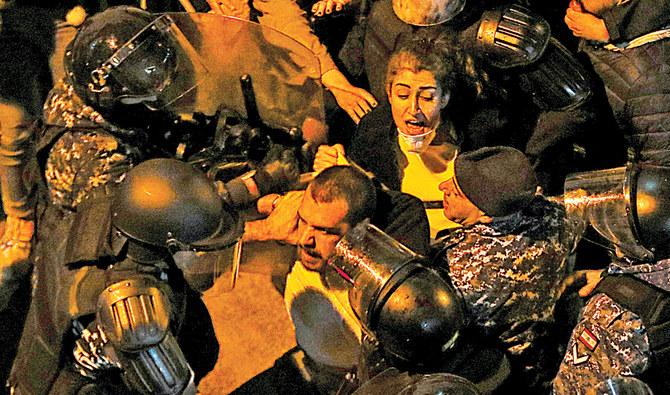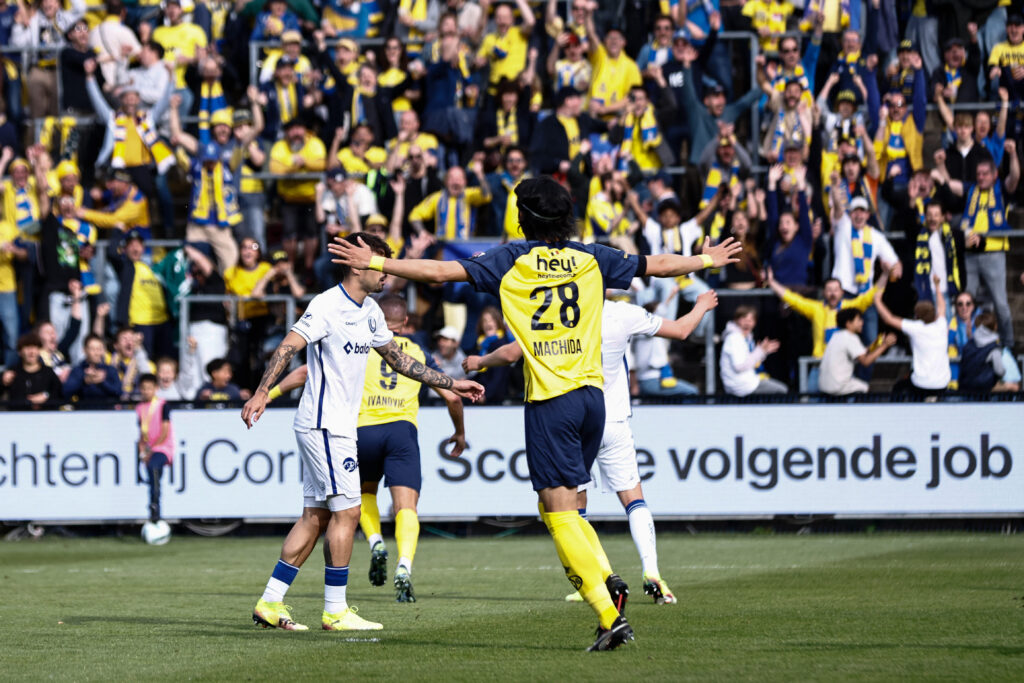
- ARAB NEWS
- 01 Aug 2025
IMFの救済が無くしてレバノンの未来は

- The government expected a loss of about 241 trillion Lebanese pounds. At a rate of £3,500 against the dollar, it will be about $69 billion.
Beirut: Talks between Lebanon and the International Monetary Fund (IMF) in crisis are deadlocked, and leaders are reluctant to reform. Will Lebanon go to “hell” without the essential billions of dollars in salvation?
This country on the Mediterranean coast has long suffered a severe economic crisis since the Civil War of 1975-1990.
Tens of thousands of people have lost their jobs and their salaries have been cut, while rapid dollar inflation has accelerated rapid inflation.
Following its first sovereign state debt default in March, the government promised reform and in May began talks with the IMF for billions of dollars in aid. But after 16 rounds of talks, the negotiations were stalled.
A member of the Lebanese negotiator said that the IMF had left the negotiating table and negotiations had stopped, subject to anonymity.
Another Lebanese source familiar with the negotiations said the IMF representative “has not felt the sincere commitment from the Lebanese delegation” to reform. “Every faction is fighting for its own interests as the nation is about to burn out,” the representative said.
Deadlocks themselves are common in Levan, a multi-sectarian state where interests and corruption swirl and politicians are accused of nepotism.
There are discussions about the total amount of financial losses of states, central banks, and commercial banks in order to ask Lebanon for assistance from the IMF.
The government expected losses to be around 241 trillion Lebanese pounds. At a rate of £3,500 against the dollar, it is worth about $69 billion. However, the parliamentary committee used the old exchange rate of $1 = £1,507 and estimated a much lower amount.
The IMF believes the numbers presented by the government are reasonable.
This discrepancy in numbers shows the enormous influence of “a lobbying group that thinks it’s better to watch Lebanon burn down than to expose what Lebanon has done”. A Lebanese negotiator said.
Since October, the turmoil has become more serious, and protests have begun to appear everywhere in pursuit of the incompetent and corrupt politicians.
The crisis increased the poverty rate to around 50% and the unemployment rate to 35%.
Recently, the Lebanese Pound traded in the black market for more than £9,000 a dollar.
As prices soar, many take longer to fill the refrigerator, while others are starting to exchange clothes and household items online for their children’s milk and diapers. Last week, four Lebanese died, but are believed to have been suicides associated with the economic downturn.
In March, the government pledged to implement the reforms that international donors have long called for, including budget cuts, tax increases and power sector reforms. However, none have been achieved.
Western sources said the situation was “very bad” at the last round of talks, and the IMF negotiators even told Lebanon that they wouldn’t try.
Two key members of the Lebanese negotiator, who resigned last month, accused the government of not showing a clear commitment to reform.
France’s Foreign Minister Jean-Yves Le Durian said Wednesday that he was “very anxious” and insisted, “Are you not going to help me?”
Analyst Nasser Yasin said the ruling group lacked political will.
“It’s as if we’re on the verge of collapse without embarking on significant reforms because we want to ensure we don’t lose everything,” Yasin said. The reforms sought will “strip from the rulers the tools needed to have power and control over the state, economy and society,” Yasin said.
One of the IMF’s requirements is for Lebanon to audit the central bank and implement government capital controls in place of the informal withdrawal and remittance limits imposed by the bank since the fall.
The IMF also requires currency volatility so that Lebanon has a single exchange rate. The growing tensions between Hezbollah and the United States add to the complexity of negotiations with the IMF. Hezbollah is the Iran-backed Shiite organization that is the main political organization in Lebanon.
“Hezbollah is a terrorist organization. We will go to Lebanon’s support unless reforms are done properly and Lebanon will represent Iran,” said US Secretary of State Mike Pompeo.
Western sources said: “There is no substitute for IMF support.” “Authorities are negative, but the country is collapsing. So is Lebanese pound.”
The Lebanese government estimates that it will need $20 billion in external funding, including a $11 billion assistance package that it received from donors in 2018. But without the IMF’s bailout, donors are unlikely to send money to Lebanon, Western sources said.
AFP




















